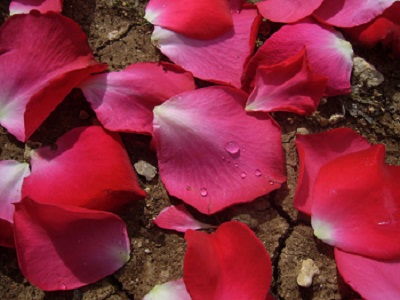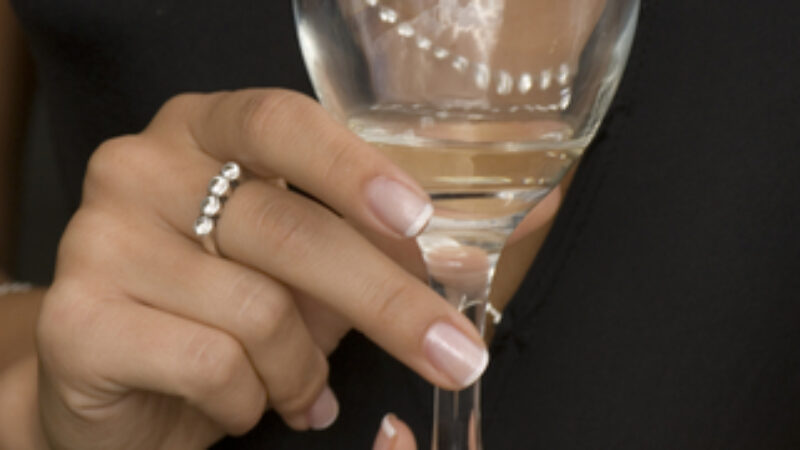Rosewater has been popular in skin care preparations for centuries, and if stories are to be believed, Cleopatra herself used to bathe her face and body with it. Rosewater is a by-product of the distillation of rose petals for their essential oils. Since ancient times, many different cultures have used rosewater for medicinal, cosmetic and even culinary purposes. However, is its use supported by scientific and/or clinical studies?
The use of rosewater in skin care has a long history. Anecdotal, historical and traditional applications abound including it being used to:
- Cleanse: The slightly antiseptic property of rosewater cleans the skin of excess oils and impurities.
- Tone: Rosewater helps maintain the skin’s pH balance. Its antibacterial power also clears blocked pores and tightens the skin.
- Moisturize: Softens the skin when added to the bath.
- Treat: Anti-aging benefits including a reduction in the appearance of fine lines and wrinkles as well as fighting free radicals
There is no doubt about the aroma-therapeutic quality of rosewater, but however time-tested the anti-aging or skin healing properties of rosewater may be, there is a dearth of scientific evidence that clearly illustrates the benefits.
Certainly, the potential exists for rosewater to be an anti-aging and skin care powerhouse ingredient. A recent study using rose essential oil to treat psoriasis and atopic eczema showed some potential in accelerating the recovery of the skin barrier function when tested on mice. A separate study in 2011, published by the Journal of Inflammation, examined the potential for antioxidant and anti-inflammatory activity of rose extract on fibroblast cells (the ones responsible for the production of collagen). Hydrogen peroxide was used to induce oxidative stress in the cells, at which point the rose extract was applied to measure antioxidant activity. Results were also promising, warranting further study.
Until those studies are completed, I’ll continue to use rosewater as a refreshing and delicately scented facial mist and luxurious additive to a relaxing bath. Rosewater is calming, de-stressing and mood-enhancing. No scientific evidence needed to convince me of that.




can we use rosewater & glycerin together when bathing? if yes what will be the best proportion to mix with water?
For Arun K:
Thanks for your question. Both rosewater and glycerin have traditionally been used in bath water to not only soften the skin but also provide aroma-therapeutic benefits. Although we were not able to find any definitive “recipe”, you may want to start with 1-2 Tbs. of glycerin and the same of rosewater in a full bath and adjust as needed.
Best, Sharmani